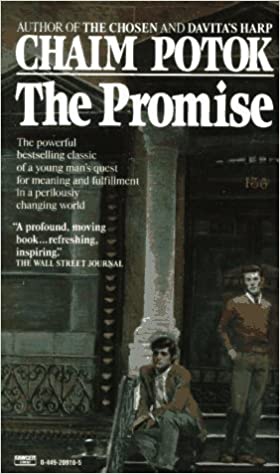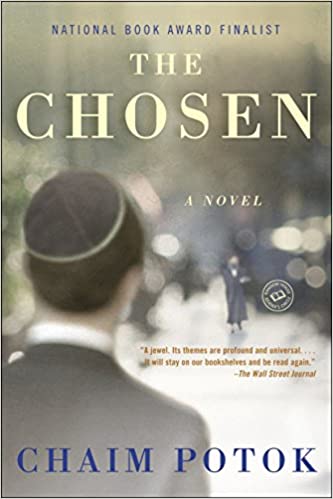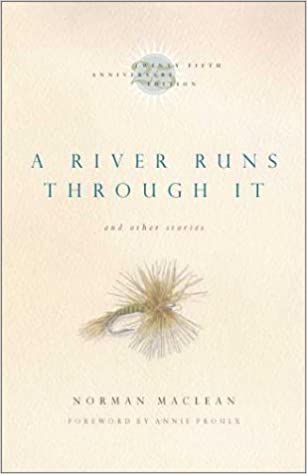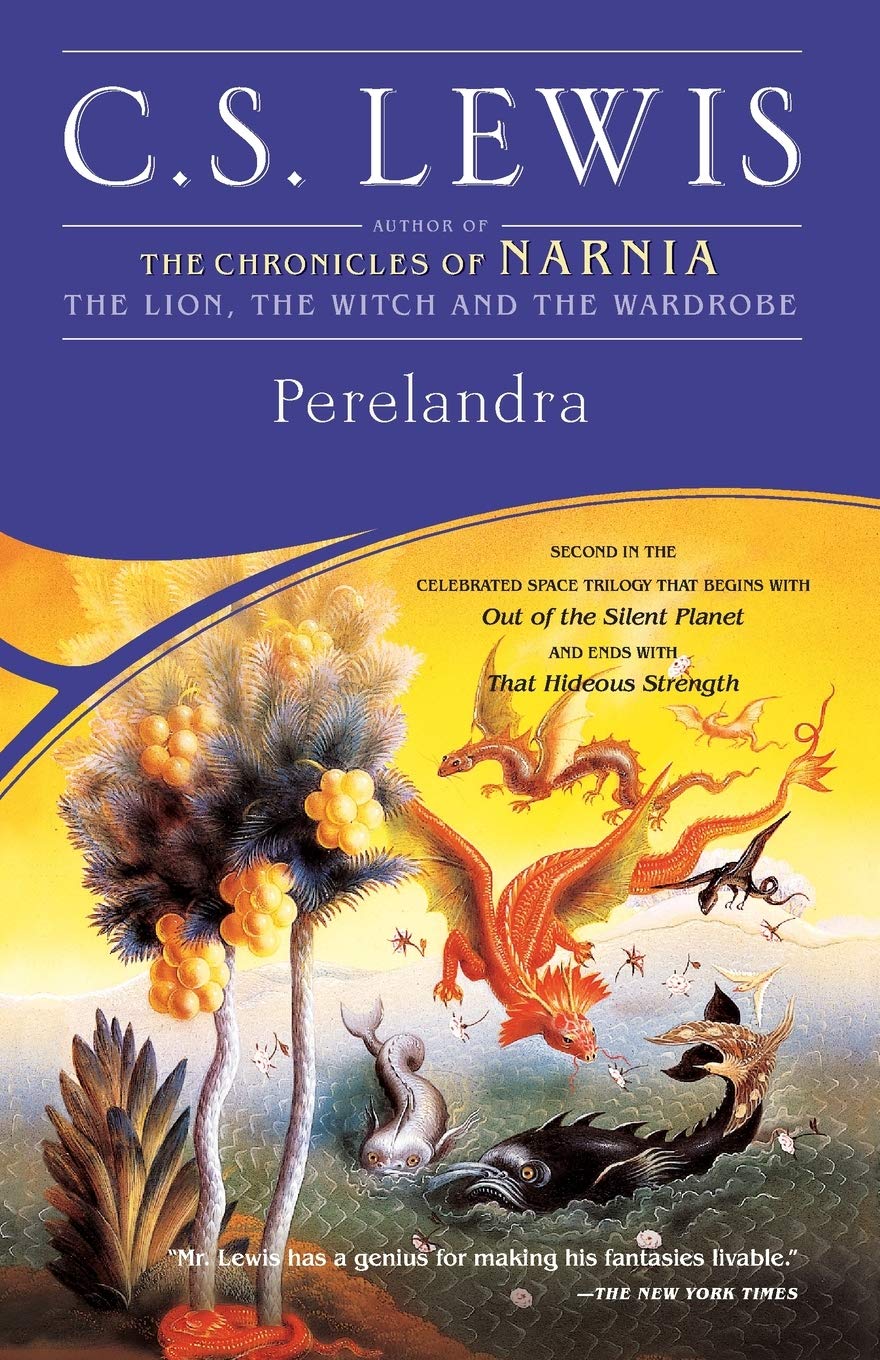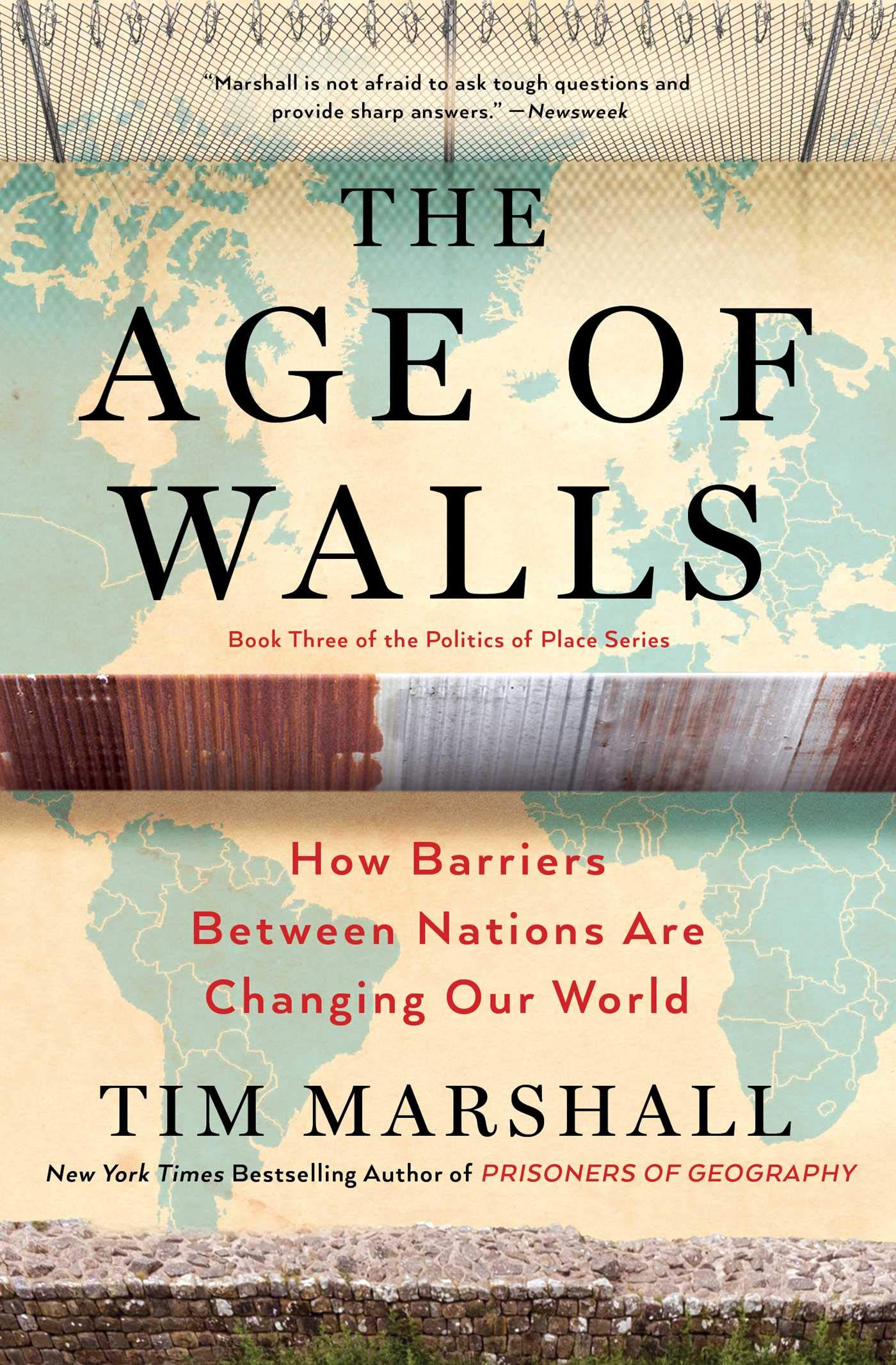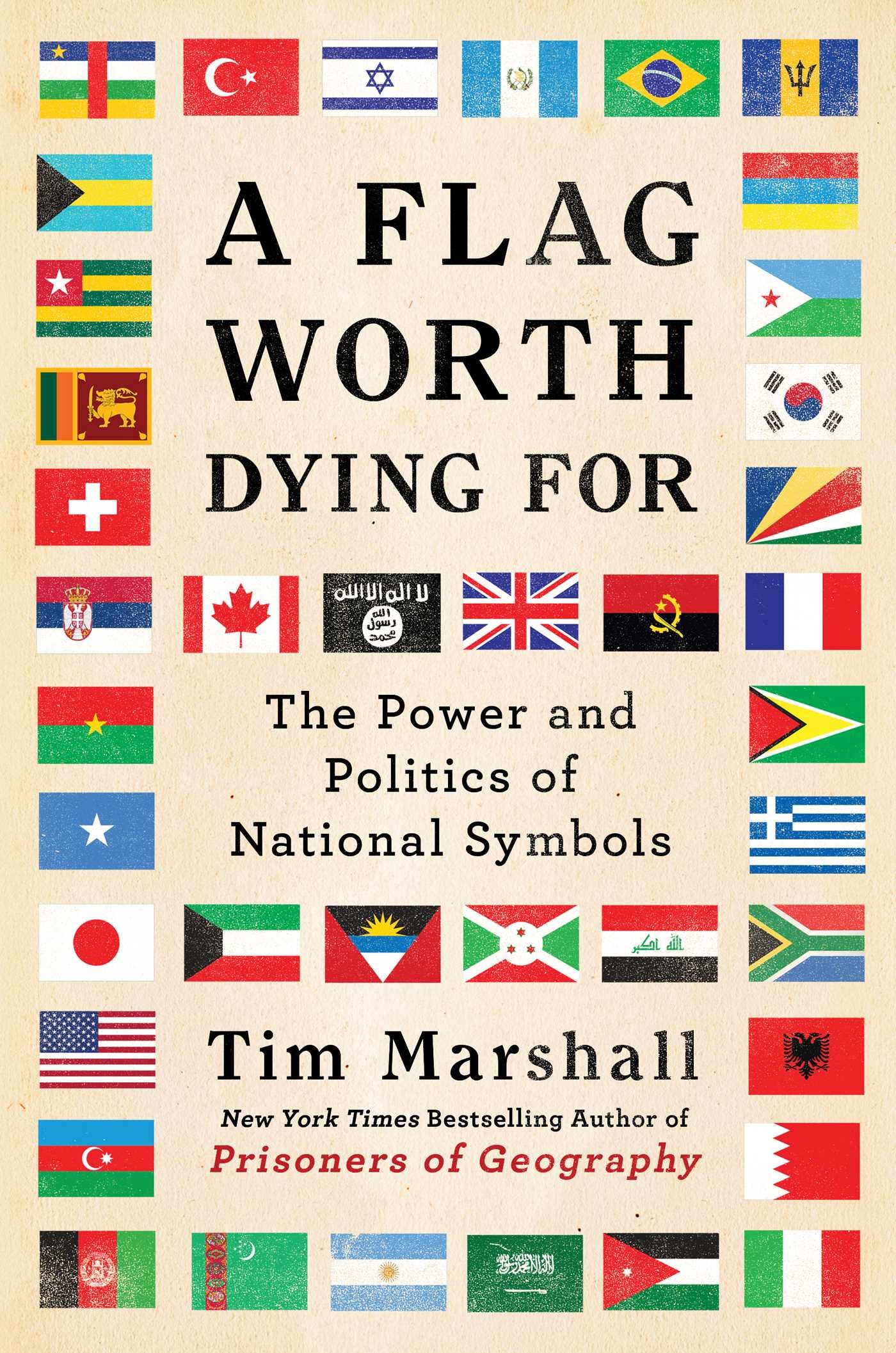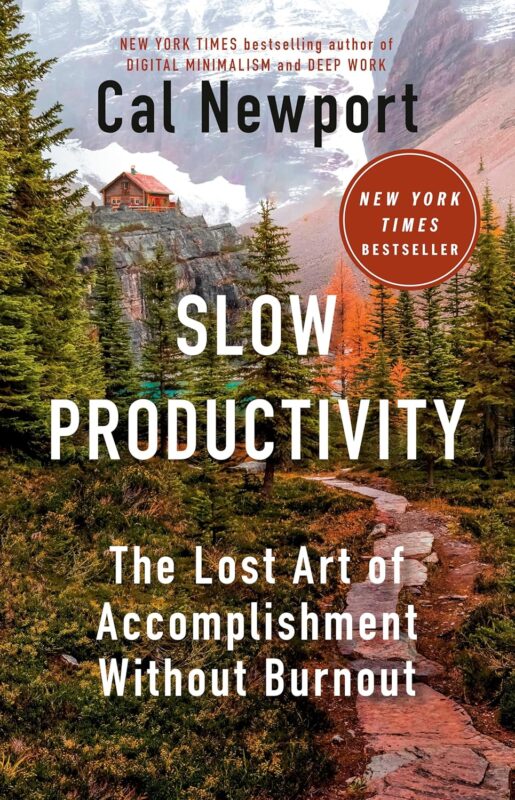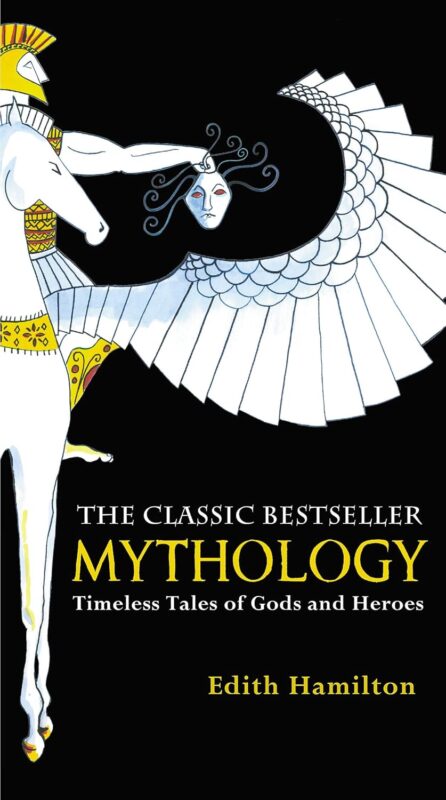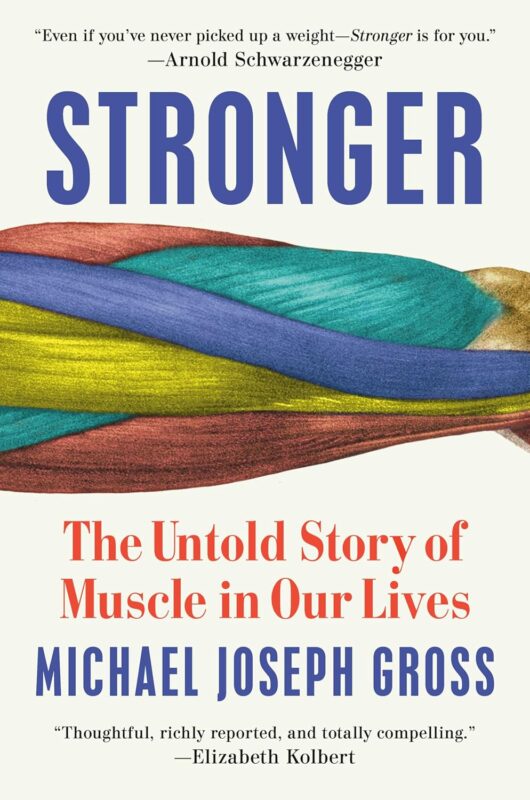The Promise
Young Reuven Malter is unsure of himself and his place in life. An unconventional scholar, he struggles for recognition from his teachers. With his old friend Danny Saunders--who himself had abandoned the legacy as the chosen heir to his father's rabbinical dynasty for the uncertain life of a healer--Reuvan battles to save a sensitive boy imprisoned by his genius and rage. Painfully, triumphantly, Reuven's understanding of himself, though the boy change, as he starts to aproach the peace he has long sought....
More info →The Chosen
It is the now-classic story of two fathers and two sons and the pressures on all of them to pursue the religion they share in the way that is best suited to each. And as the boys grow into young men, they discover in the other a lost spiritual brother, and a link to an unexplored world that neither had ever considered before. In effect, they exchange places, and find the peace that neither will ever retreat from again. . . .
More info →A River Runs Through It
From its first magnificent sentence, "In our family, there was no clear line between religion and fly fishing", to the last, "I am haunted by waters", A River Runs Through It is an American classic.
Based on Norman Maclean's childhood experiences, A River Runs Through It has established itself as one of the most moving stories of our time; it captivates readers with vivid descriptions of life along Montana's Big Blackfoot River and its near magical blend of fly fishing with the troubling affections of the heart.
More info →The Communist Manifesto
“Let the ruling classes tremble at a Communistic revolution. The proletarians have nothing to lose but their chains. They have a world to win. Workingmen of all countries unite!” ― Karl Marx, The Communist Manifesto
This pocket edition is designed to be convenient enough to easily fit in a pocket, purse, briefcase or backpack, but with text large enough that it is easy to read, and margins large enough to be marked up by students of any age. This new edition, reproducing the 1888 authorized English translation of Marx and Engels's work of political theory. The translation in this edition is the translation authorized by Engels, by Samuel Moore (1838-1911).
The Communist Manifesto (officially Manifesto of the Communist Party) is an 1848 political manifesto by German philosophers Karl Marx and Friedrich Engels that laid out the program of the Communist League. Originally published in German (as Manifest der kommunistischen Partei) just as the revolutions of 1848 began to erupt, the Manifesto has since been recognized as one of the world's most influential political manuscripts.
It presents an analytical approach to the class struggle (historical and present) and the problems of capitalism and the capitalist mode of production, rather than a prediction of Communism's potential future forms. The Communist Manifesto contains Marx and Engels' theories about the nature of society and politics, that in their own words, "The history of all hitherto existing society is the history of class struggles". It also briefly features their ideas for how the capitalist society of the time would eventually be replaced by socialism, and then finally Communism.
More info →The Great Divorce
C.S. Lewis’ The Great Divorce is a classic Christian allegorical tale about a bus ride from hell to heaven. An extraordinary meditation upon good and evil, grace and judgment, Lewis’s revolutionary idea in the The Great Divorce is that the gates of Hell are locked from the inside. Using his extraordinary descriptive powers, Lewis’ The Great Divorce will change the way we think about good and evil.
More info →Beauty for Truth’s Sake: On the Re-enchantment of Education
Based in the riches of Christian worship and tradition, this brief, eloquently written introduction to Christian thinking and worldview helps readers put back together again faith and reason, truth and beauty, and the fragmented academic disciplines. By reclaiming the classic liberal arts and viewing disciplines such as science and mathematics through a poetic lens, the author explains that unity is present within diversity. Now repackaged with a new foreword by Ken Myers, this book will continue to benefit parents, homeschoolers, lifelong learners, Christian students, and readers interested in the history of ideas.
More info →Slow Productivity: The Lost Art of Accomplishment Without Burnout
Our current definition of “productivity” is broken. It pushes us to treat busyness as a proxy for useful effort, leading to impossibly lengthy task lists and ceaseless meetings. We’re overwhelmed by all we have to do and on the edge of burnout, left to decide between giving into soul-sapping hustle culture or rejecting ambition altogether. But are these really our only choices?
Long before the arrival of pinging inboxes and clogged schedules, history’s most creative and impactful philosophers, scientists, artists, and writers mastered the art of producing valuable work with staying power. In this timely and provocative book, Cal Newport harnesses the wisdom of these traditional knowledge workers to radically transform our modern jobs. Drawing from deep research on the habits and mindsets of a varied cast of storied thinkers – from Galileo and Isaac Newton, to Jane Austen and Georgia O’Keefe – Newport lays out the key principles of “slow productivity,” a more sustainable alternative to the aimless overwhelm that defines our current moment. Combining cultural criticism with systematic pragmatism, Newport deconstructs the absurdities inherent in standard notions of productivity, and then provides step-by-step advice for cultivating a slower, more humane alternative.
From the aggressive rethinking of workload management, to introducing seasonal variation, to shifting your performance toward long-term quality, Slow Productivity provides a roadmap for escaping overload and arriving instead at a more timeless approach to pursuing meaningful accomplishment. The world of work is due for a new revolution. Slow productivity is exactly what we need.
More info →Mythology: Timeless Tales of Gods and Heroes
Dive into the timeless tales of gods and heroes in this bestselling A-to-Z encyclopedia detailing classic myths and legends—perfect for curious readers and academics alike.
Edith Hamilton's mythology succeeds like no other book in bringing to life for the modern reader the Greek, Roman and Norse myths that are the keystone of Western culture—the stories of gods and heroes that have inspired human creativity from antiquity to the present.
We follow the drama of the Trojan War and the wanderings of Odysseus. We hear the tales of Jason and the Golden Fleece, Cupid and Psyche, and mighty King Midas. We discover the origins of the names of the constellations. And we recognize reference points for countless works for art, literature and culture inquiry-from Freud's Oedipus complex to Wagner's Ring Cycle of operas to Eugene O'Neill's Mourning Becomes Electra
Both a reference text for scholars of all ages and a book to simply enjoy, Mythology is a classic not to be missed.
More info →Stronger: The Untold Story of Muscle in Our Lives
A groundbreaking, richly informative exploration of the central role of muscle in human life and health, Stronger sounds an urgent call for each of us to recognize muscle as “the vital, inextricable and effective partner of the soul.”
“Even if you’ve never picked up a weight—Stronger is for you.” —Arnold Schwarzenegger
Stronger tells a story of breathtaking scope, from the battlefields of the Trojan War in Homer’s Iliad, where muscles enter the scene of world literature; to the all-but-forgotten Victorian-era gyms on both sides of the Atlantic, where women build strength and muscle by lifting heavy weights; to a retirement home in Boston, where a young doctor makes the astonishing discovery that frail ninety-year-olds can experience the same relative gains of strength and muscle as thirty-year-olds if they lift weights.
These surprising tales play out against a background of clashing worldviews, an age-old competition between athletic trainers and medical doctors to define our understanding and experience of muscle. In this conflict, muscle got typecast: Simplistic binaries of brain versus brawn created a persistent prejudice against muscle, and against weight training, the type of exercise that best builds muscular strength and power.
Stronger shows muscle and weight training in a whole new light. With warmth and humor, Michael Joseph Gross blends history and firsthand reporting in an inspiring narrative packed with practical information based on rigorous scientific studies from around the world. The research proves that weight training can help prevent or treat many chronic diseases and disabilities throughout the lifespan, including cardiovascular disease, cancer, type 2 diabetes, osteoarthritis, and depression. Stronger reveals how all of us, from elite powerlifters to people who have never played sports at all, can learn to lift weights in ways that yield life's ultimate prize: the ability to act upon the world in the ways that we wish.
More info →
